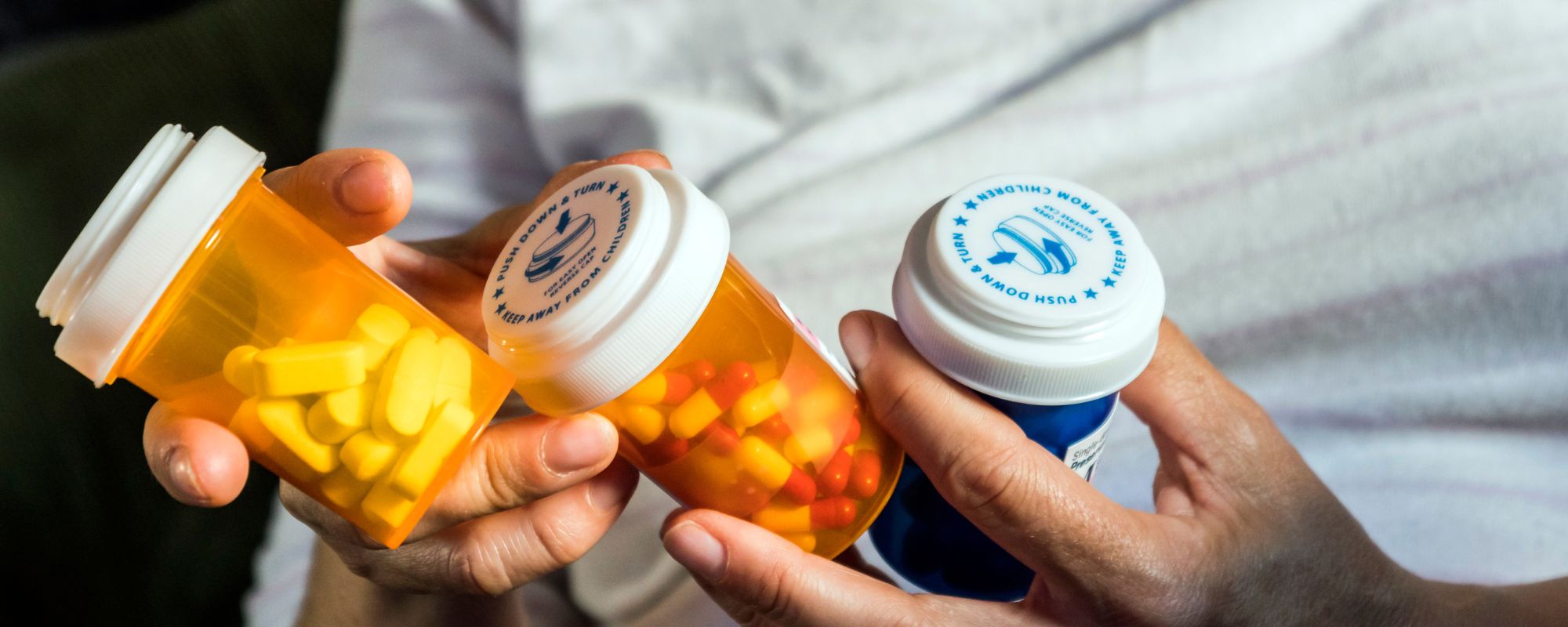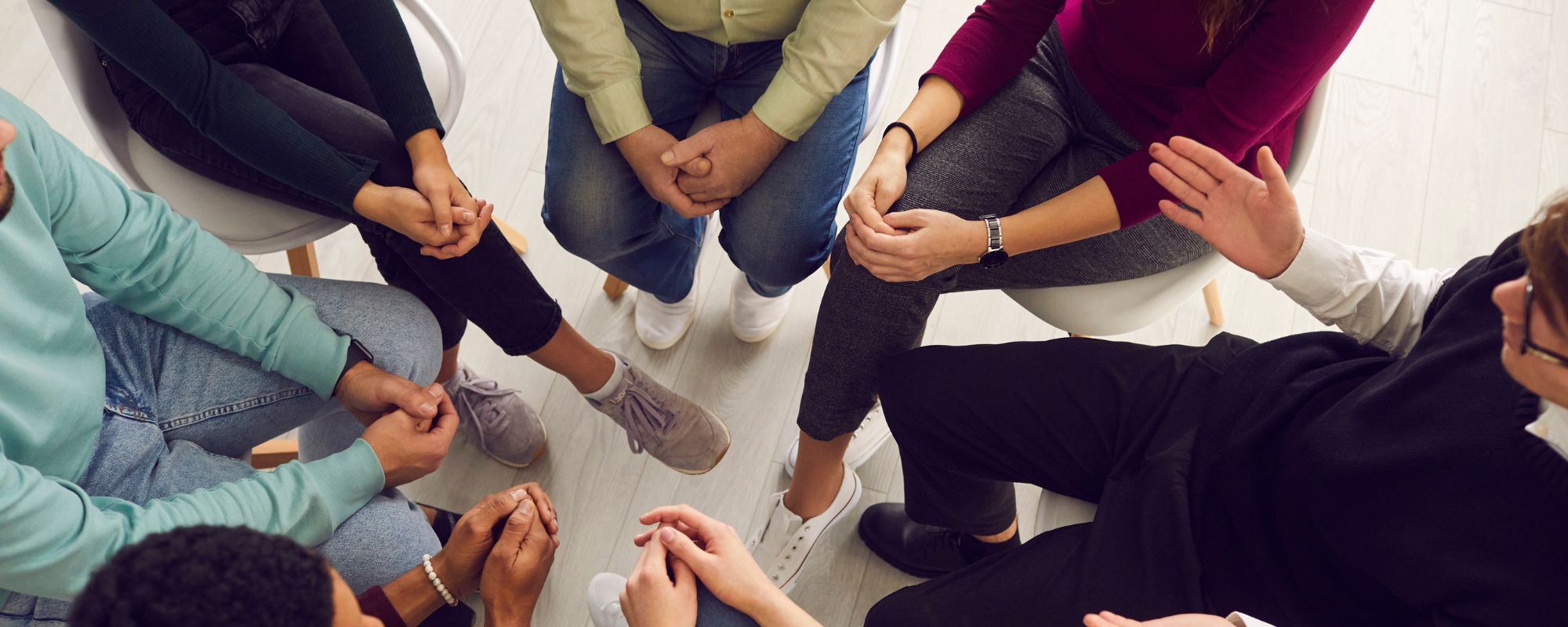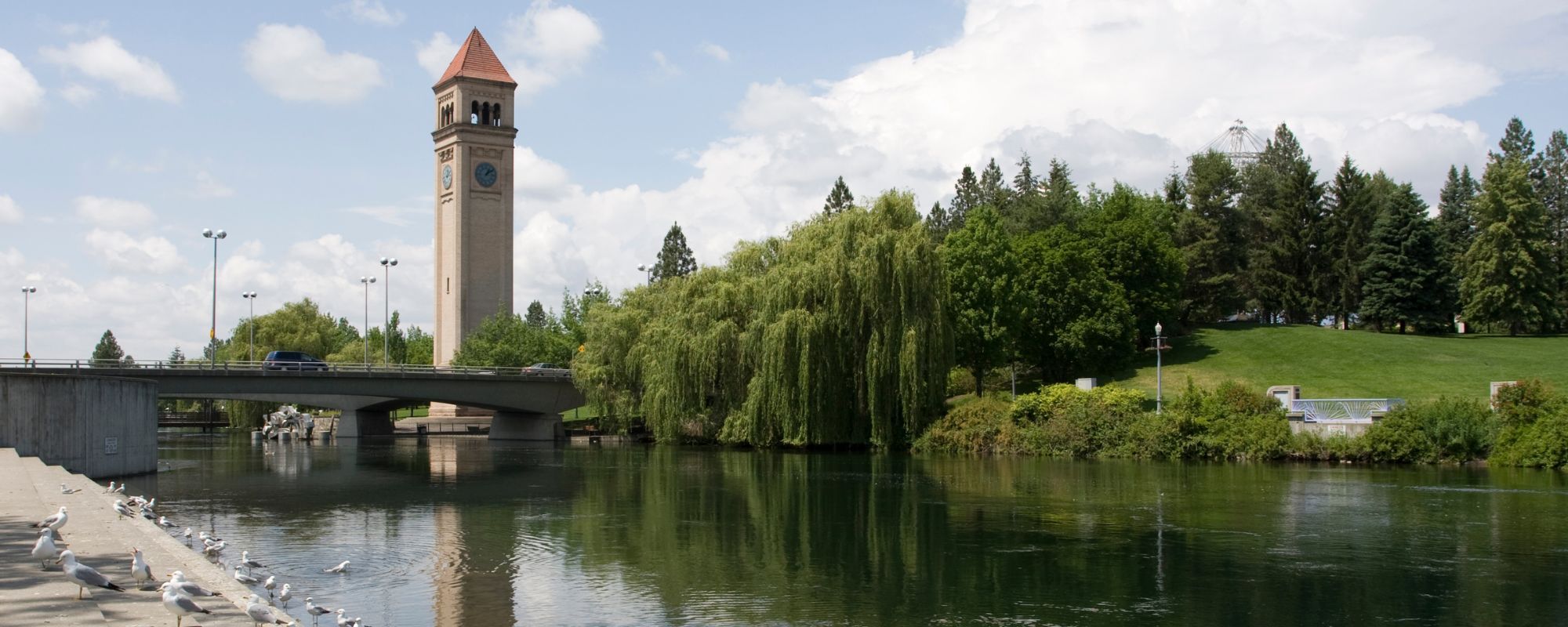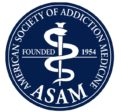One of the most significant reasons that aftercare and continuing group participation are so essential, is that true lifetime recovery involves a lot of thinking and problem-solving. In aftercare and group therapy, thoughts and problem-solving are guided by addiction counselors and peers— which is valuable as the process teaches you how to sharpen your own tools to perform both independently.
Group Therapy, Support Groups and Self-Help Meetings
Self-help meetings are attended by large numbers of alcoholics and addicts who have been in recovery for as long as fifteen or twenty years. They keep attending not only for fellowship and reinforcement but also to refresh their outlook. It’s common to hear one of these “veterans” respond to a newcomer’s comments with “Thanks for reminding me.”
One reason is that people in recovery for a long time have incorporated most of the “new rules for living” so deeply into their behavior is that they don’t think about it anymore; these new rules become second-nature, although none of us are perfect, they can forget some of the rules or make mistakes in applying them. They need “booster shots” from time to time. These people have learned that people change, situations change, and times change; remaining active in a group provides you with the “updates” you need to manage these changes.
Finally, continuing to go to meetings ensures that you continue to practice.
The Importance of Aftercare
What you learn in rehab or in early group participation is critical, but it’s being done under constant regular guidance. Aftercare and group participation allow these rules to become solidly embedded in your lifestyle. It’s a matter of the old saying, “Give a woman a fish and she eats for a day; teach her how to fish, and she eats for a lifetime.”
So at the beginning of recovery you are being given the rules of coping on a daily basis; with aftercare and continued group support you will make this learning your own and incorporate these habits into your instinctive feelings and behavior.
As the Alcoholics Anonymous (AA) saying goes: “You can’t think your way out of this disease. You have to feel your way out.”
Reach Out
If you or a loved one wants to learn more about our substance abuse programs, please reach out to us today. Our admissions team is available 24/7 at (877)-RECOVERY or 877-732-6837 to answer your questions. Because We Care.












